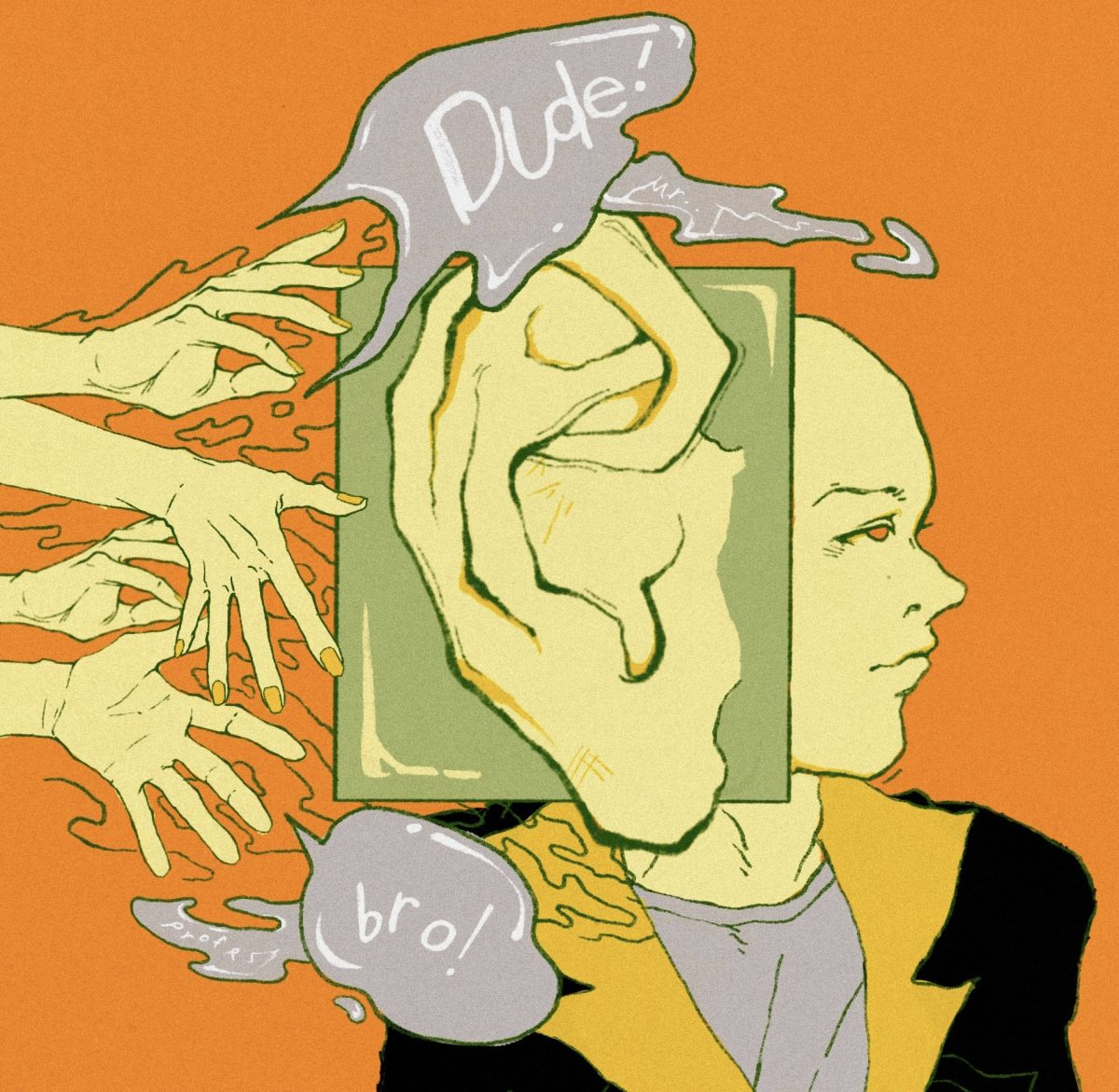Listen to the article:
In today’s classroom, the way students address professors is evolving. Calling a teacher “dude” is no longer seen as disrespectful by some. Is this shift impacting learning and signaling a lack of respect?
Your professor is not your “dude.”
While change is inevitable, maintaining a balance between respect and casual language is something professors, teachers and students have lost touch with. Classrooms were once places of formality, where teachers were addressed with titles like “mister” or “miss.”
Students now often speak informally to authority figures, and this reflects an obvious change in communication.
Some argue formal language maintains boundaries of respect and focus, while others believe casual language makes students feel more comfortable and more likely to participate inside and outside of the classroom.
Undergraduate professor Katrina Gulliver shared her concerns about her relationship with her students in an Inside Higher Ed article, where Gulliver said she feels like their grandmother when receiving informal emails from students that address her with just “hi.” She pushes for a return to traditional classroom habits.
Gulliver mentions that professors who encourage casualness may be contributing to this shift, stating later in the article that those professors “are not helping the rest of us.”
One thing can be made clear: language is powerful. How we use it in the classroom can shape not just the learning experience, but the respect and relationships between teachers and students.
It is simply too casual for a student to call a teacher or professor “dude.” No matter how close of a relationship you foster with that teacher, in a classroom setting “dude” takes it too far.







